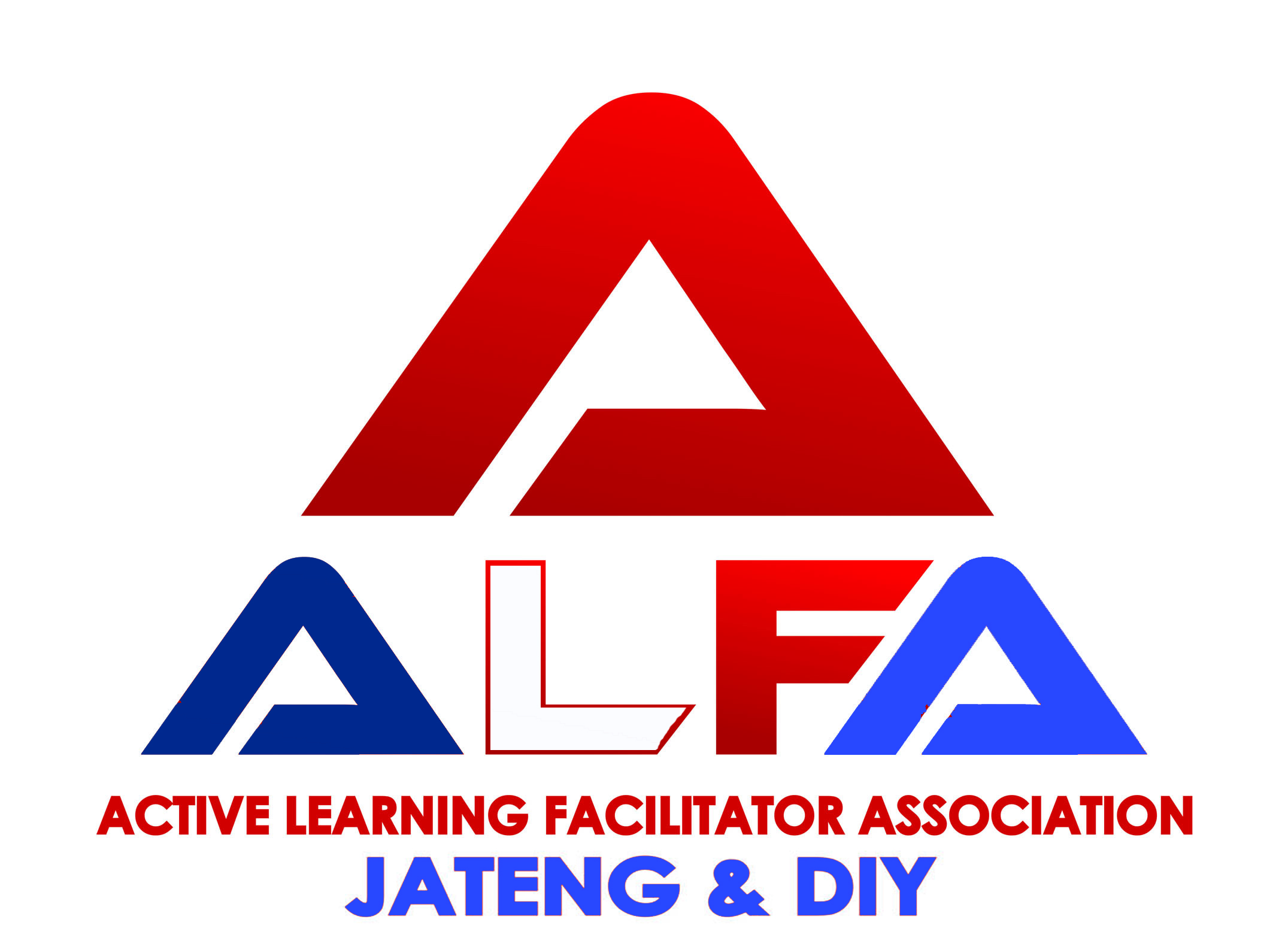Increasing Student Motivation through the Use of Alternative Assessments in Basic Physics Online Lectures
Abstract
Full Text:
PDFReferences
Abou El-Seoud, M., Taj-Eddin, I., Seddiek, N., El-Khouly, M., & Nosseir, A. (2014). E-learning and students' motivation: A research study on the effect of e-learning on higher education. International journal of emerging technologies in learning (iJET), 9(4), 20-26.
Afandi, A. (2020). DAMPAK KETERAMPILAN DOSEN DALAM PENGELOLAAN KELAS TERHADAP MOTIVASI BELAJAR SISWA. WARAQAT: Jurnal Ilmu-Ilmu Keislaman, 5(1), 18-18.
Airasian, P. W. (1997). Classroom assessment. McGraw Hill, 1221 Avenue of the Americas, New York, NY 10020; tele.
Anderson, J. (2020). Should schools close when coronavirus cases are still rare? Quartz.
Asiyah, A., Walid, A., & Kusumah, R. G. T. (2019). Pengaruh Rasa Percaya Diri Terhadap Motivasi Berprestasi Siswa pada Mata Pelajaran IPA. Scholaria: Jurnal Pendidikan dan Kebudayaan, 9(3), 217-226.
Azzi-Huck, K., & Shmis, T. (2020). Managing the impact of COVID-19 on education systems around the world: How countries are preparing, coping, and planning for recovery.
Buana, D. R. (2020). Analisis Perilaku Masyarakat Indonesia dalam Menghadapi Pandemi Virus Corona (Covid-19) dan Kiat Menjaga Kesejahteraan Jiwa. Salam: Jurnal Sosial dan Budaya Syar-i, 7(3), 217-226.
Creswell, J. W. (2002). Desain penelitian. Pendekatan Kualitatif & Kuantitatif, Jakarta: KIK.
Darmalaksana, W. (2020). WhatsApp Kuliah Mobile. Fakultas Ushuluddin UIN Sunan Gunung Djati Bandung.
Dewi, W. A. F. (2020). Dampak Covid-19 terhadap implementasi pembelajaran daring di Sekolah Dasar. Edukatif: Jurnal Ilmu Pendidikan, 2(1), 55-61.
DHEC. (2019). Higher Education Guidance on Novel Coronavirus or Covid-19 (Vol.2019).
Di Domenico, L., Pullano, G., Pullano, G., Hens, N., & Colizza, V. (2020). Expected impact of school closure and telework to mitigate COVID-19 epidemic in France. In Technical Report. Report.
Firman, F., & Rahayu, S. (2020). Pembelajaran Online di Tengah Pandemi Covid-19. Indonesian Journal of Educational Science (IJES), 2(2), 81-89.
Fitriyani, Y., Fauzi, I., & Sari, M. Z. (2020). Motivasi Belajar Mahasiswa Pada Pembelajaran Daring Selama Pandemik Covid-19. Jurnal Kependidikan: Jurnal Hasil Penelitian dan Kajian Kepustakaan di Bidang Pendidikan, Pengajaran dan Pembelajaran, 6(2), 165-175.
Fraenkel, J.R and Wallen, N.E. (1993). How To Design And Evaluate Research in Education(second ed.). New York: McGraw-Hill Book Co.
Herman, J. L. (1992). A practical guide to alternative assessment. Association for Supervision and Curriculum Development, 1250 N. Pitt Street, Alexandria, VA 22314.
Horn, M. B. (2020). COVID-19’s Long-Term Impacts on Education in 2020 and Beyond . EdSurge.
Jamaluddin, D., Ratnasih, T., Gunawan, H., & Paujiah, E. (2020). Pembelajaran daring masa pandemik Covid-19 pada calon guru: hambatan, solusi dan proyeksi. LP2M.
Juita, J. (2020). Identifikasi Konsentrasi Belajar di SMAN 8 Kota Jambi. Schrödinger: Journal of Physics Education, 1(1), 24-29.
Kementerian Pendidikan Nasional. 2010. Pengembangan Pendidikan Budaya dan Karakter Bangsa. Jakarta: Badan Penelitian dan Pengembangan Pusat Kurikulum.
Kuntarto, E. (2017). Keefektifan Model Pembelajaran Daring dalam Perkuliahan Bahasa Indonesia di Perguruan Tinggi.
Lee, J., & Martin, L. (2017). Investigating students’ perceptions of motivating factors of online class discussions. International Review of Research in Open and Distributed Learning: IRRODL, 18(5), 148-172.
Lepper, M. R., Corpus, J. H., & Iyengar, S. S. (2005). Intrinsic and extrinsic motivational orientations in the classroom: Age differences and academic correlates. Journal of educational psychology, 97(2), 184.
Lin, Y. M., Lin, G. Y., & Laffey, J. M. (2008). Building a social and motivational framework for understanding satisfaction in online learning. Journal of Educational Computing Research, 38(1), 1-27.
Marzano, R. J., Pickering, D., & McTighe, J. (1993). Assessing Student Outcomes: Performance Assessment Using the Dimensions of Learning Model. Association for Supervision and Curriculum Development, 1250 N. Pitt St., Alexandria, VA 22314 (Stock Number 611-93179, $13.95).
Moore, J. L., Dickson-Deane, C., & Galyen, K. (2011). e-Learning, online learning, and distance learning environments: Are they the same?. The Internet and Higher Education, 14(2), 129-135.
Pangondian, R. A., Santosa, P. I., & Nugroho, E. (2019, February). Faktor-Faktor Yang Mempengaruhi Kesuksesan Pembelajaran Daring Dalam Revolusi Industri 4.0. In Seminar Nasional Teknologi Komputer & Sains (SAINTEKS) (Vol. 1, No. 1).
Popham, W. J. (1999). Classroom assessment: What teachers need to know. Allyn & Bacon, A Viacom Company, 160 Gould St., Needham Heights, MA 02194; World Wide Web: http://www. abacon. com.
Rimbarizki, R. (2017). Penerapan Pembelajaran Daring Kombinasi Dalam Meningkatkan Motivasi Belajar Peserta Didik Paket C Vokasi di Pusat Kegiatan Belajar Masyarakat (PKBM) Pioneer Karanganyar. J+ PLUS UNESA, 6(2).
Riyani, M., Usdianur, C., Sopian, S., & Darliani, D. (2018). IMPLEMENTASI ASESMEN ALTERNATIF BERBASIS PRODUK DALAM BENTUK POP UP BOOK UNTUK MENINGKATKAN KUALITAS PEMBELAJARAN IPS DI SMPN 3 LANGSA. Journal of Basic Education Studies, 1(1), 26-33.
Rohmawati, E. (2018). Hubungan Motivasi Belajar dan Rasa Ingin Tahu Dengan Prestasi Belajar IPS Siswa Kelas V. BASIC EDUCATION, 7(12), 1-111.
Rustaman, N. Y. (2004, December). Penilaian berbasis kelas. In Makalah. Disajikan dalam seminar/lokakarya di FPMIPA IKIP Negeri Singaraja. Program Pascasarjana & FPMIPA Universitas Pendidikan Indonesia. Singaraja (Vol. 4).
Schunk, D. H., & Usher, E. L. (2012). Social Cognitive Theory and Motivation The Oxford handbook of Human Motivation (In RM Ryan). Oxford University Press
Selvi, K. (2010). Motivating factors in online courses. Procedia-social and behavioral sciences, 2(2), 819-824.
Sirait, E. D. (2018). Pengaruh gaya dan kesiapan belajar terhadap pemahaman konsep matematika siswa. Formatif: Jurnal Ilmiah Pendidikan MIPA, 7(3).
Stiggins, R. J. (1994). Student-centered classroom assessment. New York: Merrill.
Sugiyono. (2018).Metode Penelitian Kuantitatif, Kualitatif dan R&D. Bandung: CVAlfabeta.
Uno, H. (2009). Teori Motivasi dan Pengukurannya (Analisis di Bidang Pendidikan) Jakarta: Bumi Aksara.
Wulan, A. R. (2007). Penggunaan asesmen alternatif pada Pembelajaran biologi. In Bahan Seminar Biologi: FMIPA Biologi UPI.[Online].(Diakses 17 April 2018 dari http://file. upi. edu/Direktori/FPMIPA/JUR. _PEND._BIOLOGI/ANA_RATNAWULAN/asesmen_alternatif. pdf).
Yudiawan, A. (2020). BELAJAR BERSAMA COVID 19: Evaluasi Pembelajaran Daring Era Pandemi di Perguruan Tinggi Keagamaan Islam Negeri, Papua Barat. Al-Fikr: Jurnal Pendidikan Islam, 6(1), 10-16.
Yusuf, A. M. (2017). Asesmen dan evaluasi pendidikan. Prenada Media.
Zainul, A. (2001). Alternative assessment. Jakarta: Dirjen Dikti.
DOI: https://doi.org/10.31002/ijose.v5i1.3323
Refbacks
- There are currently no refbacks.
Copyright (c) 2021








